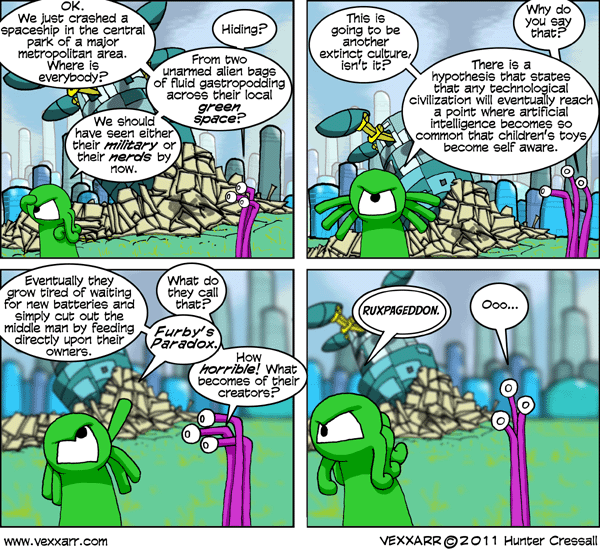[youtube https://www.youtube.com/watch?v=PblVo9y735k?rel=0]
I’d like to know more about it. I can’t remember hearing anything about it in the media or on the blogs back in 2009. It certainly didn’t come up during the 2010 election. Lots of mentions of “social justice.” Make sure you check today’s QotD.
Accuracy in Media had something on it. Here’s Howard Dean’s full speech on Vimeo. Lots of other related video as well.
I wrote a post back in 2005, True Believers, where I quoted from another blogger, Glenn Wishard of Canis Iratus in his post A Thumbnail History of the Twentieth Century. I’ll quote it here again:
The rise and fall of the Marxist ideal is rather neatly contained in the Twentieth Century, and comprises its central political phenomenon. Fascism and democratic defeatism are its sun-dogs. The common theme is politics as a theology of salvation, with a heroic transformation of the human condition (nothing less) promised to those who will agitate for it. Political activity becomes the highest human vocation. The various socialisms are only the most prominent manifestation of this delusion, which our future historian calls “politicism”. In all its forms, it defines human beings as exclusively political animals, based on characteristics which are largely or entirely beyond human control: ethnicity, nationality, gender, and social class. It claims universal relevance, and so divides the entire human race into heroes and enemies. To be on the correct side of this equation is considered full moral justification in and of itself, while no courtesy or concession can be afforded to those on the other. Therefore, politicism has no conscience whatsoever, no charity, and no mercy.
(Emphasis in original.) I commented:
I think Glenn’s declaration that the 20th Century “neatly contains” the rise and fall of “the Marxist ideal” is a bit premature, but I fully concur with his conclusion that “politicism” has neatly divided societies in the manner described….
True Believers still holds up five years on.
Howard Dean blames the current state of the global economy on “the free market,” but as others have noted, we have not experienced free markets — that is, the invisible hand — for decades. No, the Progressive love for “social justice” (the New Deal, the Great Society, etc. etc. etc.) has shoved a stick into the spokes of free trade repeatedly. But it can’t be their fault, they meant well.
Time to do it again, ONLY HARDER!

Mr. Wishard appended to his “History” post this observation:
I really do think that history will look back on the 20th century as the absolute low point of human history – as bad as anything the Dark Ages offered, without any of the excuses.
I think, once again, that he was premature. And optimistic.
I found an interesting quote this evening from a Google search that led to this site. Someone searched on the phrase “I’m a pessimist,” and found this post from last year, but when I did the same search, what I found was more interesting, and more applicable to this topic:
I’m a pessimist because of intelligence, but an optimist because of will. — Antonio Gramsci
Yeah, that Gramsci.
We’re getting not what Gramsci wanted, but we are getting what he worked for.
A couple of days ago, I ran across another reference to Jane Jacobs. I first saw mention of her in an Orson Scott Card column from 2004, Who Was On Watch As the Dark Age Approached? I cited that piece and his mention of Ms. Jacobs in my 2009 essay Restoring the Lost Constitution. Card said this:
Jacobs sees us as being well down the road to a self-inflicted Dark Age, in which we will have thrown away many of the very things that made our civilization so dominant, so prosperous, so successful. We are not immune to the natural laws that govern the formation and dissolution of human communities: When the civilization no longer provides the benefits that lead to success, then, unsurprisingly, the civilization is likely to fail.
As she says in her introduction, “People living in vigorous cultures typically treasure those cultures and resist any threat to them. How and why can a people so totally discard a formerly vital culture that it becomes literally lost?”
Dark Age Ahead gives us a series of concrete examples of exactly that process.
“Every culture,” she says, “takes pains to educate its young so that they, in their turn, can practice and transmit it completely.” Our civilization, however, is failing to do that. On the contrary, we are systematically training our young not to embrace the culture that brought us greatness.
A civilization is truly dead, she says, when “even the memory of what has been lost is lost.”
Just a few days ago, Jerry Pournell repeated the warning:
Readers should be aware of Jane Jacobs, Dark Age Ahead. Civilization is more fragile than most believe. Note that a true dark age comes not when we lose the ability to do something, but forget that we ever had that ability: as for instance no university Department of Education seems aware that in the 1930’s to the end of World War II, essentially the only adult illiterates in the United States were people who had never been to school to begin with (see the Army’s tests of conscripts). My mother had a 2-year Normal School degree and taught first grade in rural Florida, not considered a high intelligence population. I once asked her if any of her students left first grade without learning to read. She said, “Well, there were a few, but they didn’t learn anything else, either.” The notion that a child could get out of elementary school unable to read was simply shocking up to about 1950 when new University Education Department theories of reading emerged. Now a majority of students read “below grade level” and actual functional illiteracy approaches 15%.
—
Anyway, that’s what we mean by a Dark Age. As with the 5th Century peasant in France who gets a yield of perhaps 3 bushels a year on land that under Roman civilization yielded 12 — and has not only forgotten how to get such yields, but has no idea that such yields have ever been possible. Or a civilization that spends more and more on schools that cannot accomplish what was once standard in country schools like Capleville (where I went 4 – 8th grade), or even remember what was accomplished.
Billy Beck calls what’s coming The Endarkenment.
I’m beginning to believe that Billy’s an optimist, too.
I’m going to take a few days off. Please talk amongst yourselves.



